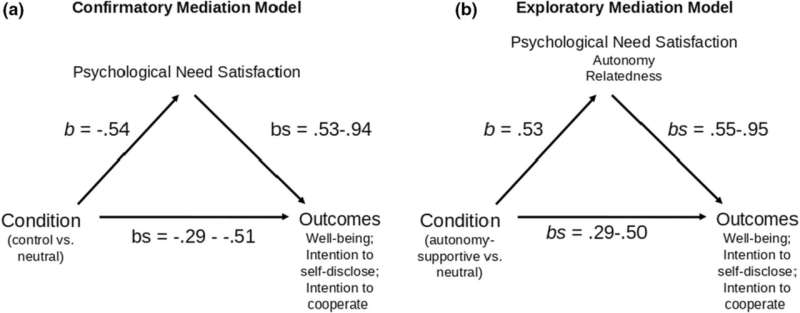Strict-sounding teachers found to be less inspiring in the classroom than their kinder colleagues
Strict-sounding teachers are worse at inspiring the classroom than their kind colleagues, research has revealed.
A psychological study from The University of Essex and the University of Reading involving hundreds of children showed “controlling sounding voices” didn’t gain cooperation from 10-to-16-year-olds.
It was discovered that youngsters faced with a strict teacher were more likely to rebel, their well-being was affected, and they were less likely to reveal they were facing problems—like bullying.
Students felt unable to express themselves when confronted with a harsher more controlling tone, whereas a supportive-sounding voice inspired a connection to a teacher which increased their intention to cooperate.
Professor Silke Paulmann, Head of the Department of Psychology at Essex, worked with Professor Netta Weinstein at Reading on the study.
Paulmann said, “We often think about what teachers say to their students, but we rarely talk about how they say it. But the tone of voice teachers use really matters and the way we modulate our voice can have profound effects on listeners.”
The study, published in the British Journal of Educational Psychology, explored teachers’ tone of voice in children’s education.
Pre-recorded teachers’ voices were played to 250 children who were then asked to judge how the tone affected them.
They were asked to rate how it would affect factors such as competence, emotions, trust and their intention to cooperate.
Children reacted much better to supportive voices while controlling tones made their self-esteem plummet and the teachers’ sound exemplars were perceived to be less trustworthy.
The research is hoped to influence teacher training and help boost classroom results. Future studies may head out of the lab and into schools to see where improvements can be made.
Professor Weinstein said, “Tone of voice is a powerful way to convey teachers’ caring, understanding, or openness. It’s easy to forget when we are stressed or tired, but teachers can provide a positive learning environment when they are thoughtful in how they use their tone of voice.”
More information:
Silke Paulmann et al, Teachers’ motivational prosody: A pre‐registered experimental test of children’s reactions to tone of voice used by teachers, British Journal of Educational Psychology (2022). DOI: 10.1111/bjep.12567
Citation:
Strict-sounding teachers found to be less inspiring in the classroom than their kinder colleagues (2023, January 17)
retrieved 17 January 2023
from https://phys.org/news/2023-01-strict-sounding-teachers-classroom-kinder-colleagues.html
This document is subject to copyright. Apart from any fair dealing for the purpose of private study or research, no
part may be reproduced without the written permission. The content is provided for information purposes only.

Strict-sounding teachers are worse at inspiring the classroom than their kind colleagues, research has revealed.
A psychological study from The University of Essex and the University of Reading involving hundreds of children showed “controlling sounding voices” didn’t gain cooperation from 10-to-16-year-olds.
It was discovered that youngsters faced with a strict teacher were more likely to rebel, their well-being was affected, and they were less likely to reveal they were facing problems—like bullying.
Students felt unable to express themselves when confronted with a harsher more controlling tone, whereas a supportive-sounding voice inspired a connection to a teacher which increased their intention to cooperate.
Professor Silke Paulmann, Head of the Department of Psychology at Essex, worked with Professor Netta Weinstein at Reading on the study.
Paulmann said, “We often think about what teachers say to their students, but we rarely talk about how they say it. But the tone of voice teachers use really matters and the way we modulate our voice can have profound effects on listeners.”
The study, published in the British Journal of Educational Psychology, explored teachers’ tone of voice in children’s education.
Pre-recorded teachers’ voices were played to 250 children who were then asked to judge how the tone affected them.
They were asked to rate how it would affect factors such as competence, emotions, trust and their intention to cooperate.
Children reacted much better to supportive voices while controlling tones made their self-esteem plummet and the teachers’ sound exemplars were perceived to be less trustworthy.
The research is hoped to influence teacher training and help boost classroom results. Future studies may head out of the lab and into schools to see where improvements can be made.
Professor Weinstein said, “Tone of voice is a powerful way to convey teachers’ caring, understanding, or openness. It’s easy to forget when we are stressed or tired, but teachers can provide a positive learning environment when they are thoughtful in how they use their tone of voice.”
More information:
Silke Paulmann et al, Teachers’ motivational prosody: A pre‐registered experimental test of children’s reactions to tone of voice used by teachers, British Journal of Educational Psychology (2022). DOI: 10.1111/bjep.12567
Citation:
Strict-sounding teachers found to be less inspiring in the classroom than their kinder colleagues (2023, January 17)
retrieved 17 January 2023
from https://phys.org/news/2023-01-strict-sounding-teachers-classroom-kinder-colleagues.html
This document is subject to copyright. Apart from any fair dealing for the purpose of private study or research, no
part may be reproduced without the written permission. The content is provided for information purposes only.
